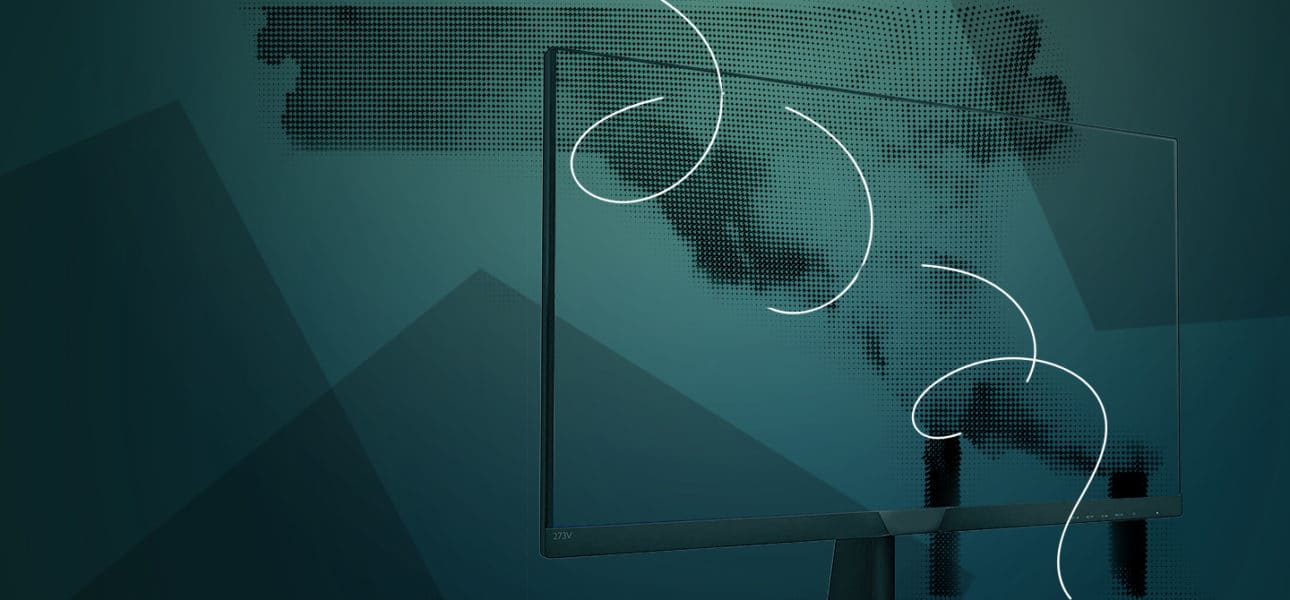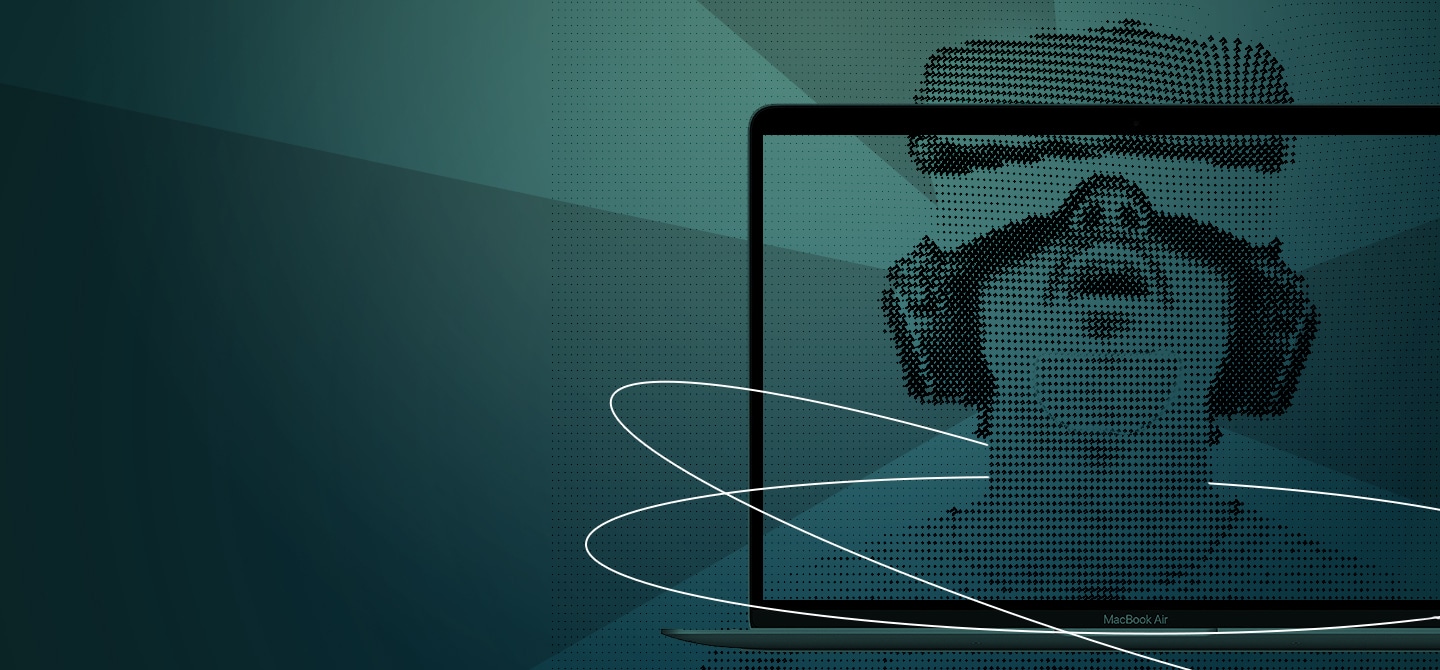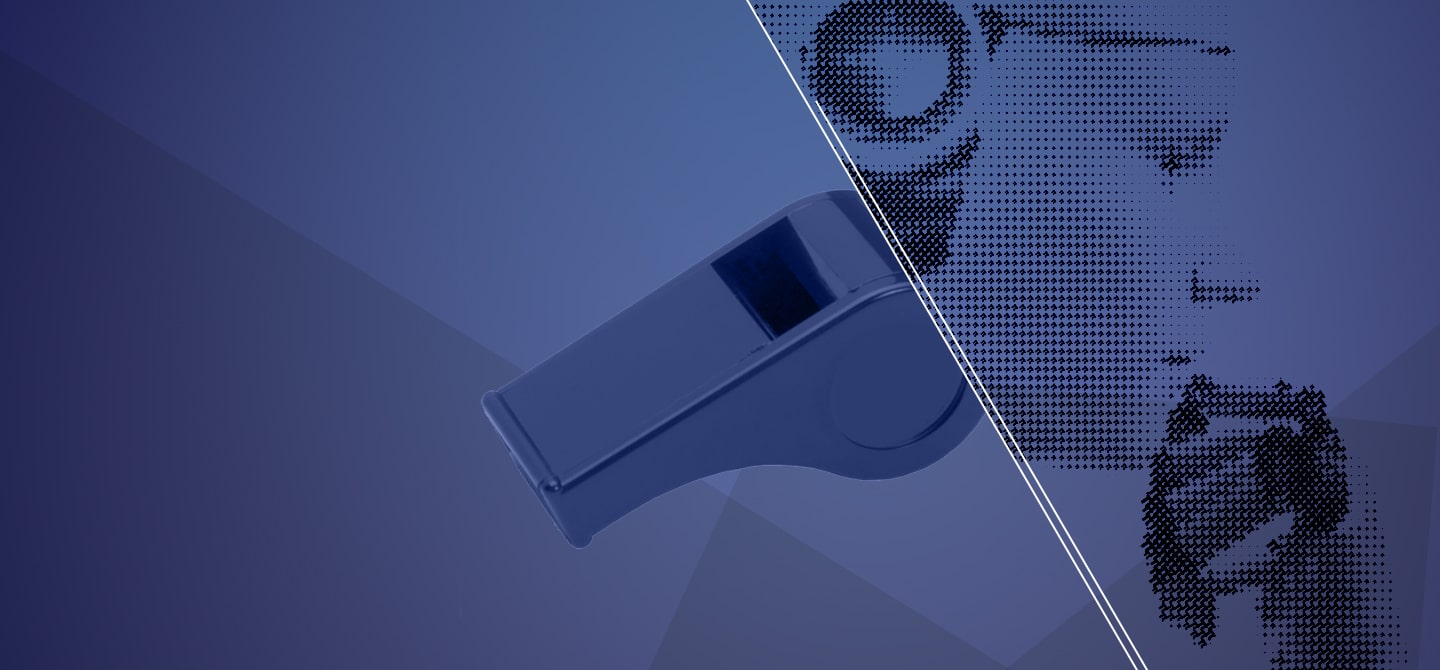My interest in the metaverse is twofold. As an engineer, I am always curious to discover the new possibilities offered to human beings, societies, and companies by emerging technologies. On the other side, as a digital manager, I am concerned with moving towards a sustainable transformation and with increased vigilance about the ethical and environmental impacts of these innovations in the making – the metaverse is one of those.
A “new Internet”
My definition of the metaverse is that of a continuum of experiences created from the convergence of new and old technologies, a kind of evolution of the Internet. After the classic internet, then the internet of things, here is the internet of experiences with this notion of a continuum from which unknown opportunities will emerge. The Internet, in whatever form, has enabled us to consume, learn, entertain ourselves and be much more efficient in our working lives. Its impact on life is real, tangible.
There is a real difficulty in understanding the metaverse because it covers a such a wide range of varied realities and experiences.
But there is a real difficulty in understanding the metaverse, because it covers a wide range of realities and experiences, all of which are very varied. Indeed, it can be experienced through extended reality or not. To move in these virtual spaces, one can use a virtual reality headset, but one can also do without one. You may be using digital currencies, but you don’t have to. And it can also work with the 3G, 4G or 5G networks depending on the options. All these technological choices will be made at a very early stage, once the use case is established – all of which will have completely different ethical and environmental impacts.
Ecology and the metaverse
My view of the metaverse, and of the digital transformation in general, is that it is of crucial interest to eco-design the services we imagine for the future. What does this mean? That we must consider the consequences of these digital transformations very early on in the development of new applications. And to do this, we must ask ourselves the question of the environmental, social, and ethical balance of the user experience that we want to put in place in relation to their economic value, in relation to their financial profitability. What is the net differential when all these dimensions are taken into account? Is the balance sheet positive or not? Should we shape a dehumanising world with ethical risks caused by the lack of protection of personal data, fake news, violence between avatars, etc.? Should we allow the use of online data – synonymous with increased energy consumption – to continue relentlessly?
If the balance sheet is negative, then the project is not desirable. On the other hand, why say no to an objective that makes a real positive contribution? At Accenture, we recently carried out a study entitled Digital4Climate with Agoria in Belgium, and we showed that digital technology in the smart building, smart manufacturing or smart mobility sectors could have a positive impact on the carbon balance. Digitisation could result in lower greenhouse gas emissions by a ratio of one to five, i.e. one emission generated against five emissions avoided. I believe that we can achieve this same ratio with the metaverse in certain well-chosen use cases, by integrating eco-design.

Some time ago, I conducted an awareness session on the impacts of digital beyond the metaverse for a group of CIOs from a large company with a worldwide presence. Many of them were not aware, for example, that 2 kg of computer requires 800 kg of materials, especially to collect metals, some of which are rare. The electricity consumption of digital technology must also be controlled, at a time when other sectors, such as transport, are going electric. And I’m only talking about environmental issues here, but we know that there are also issues of inclusion and accessibility to digital technology, not to mention the protection of personal data and the transparency of algorithms.
A message for everyone
I think that this awareness-raising work is still largely to be done at the level of large French companies and the public. But how can this message be amplified? Firstly, I think that there is an overall movement of large companies which, for the most part, have set themselves very clear environmental, social and governance objectives. And these commitments will be monitored by financial analysts who love to hold the leaders of large companies to their promises, especially when they are not kept.
Secondly, if there is pressure from finance and business leaders, there is also pressure from consumers. There are more and more public figures in the media who are making us aware of the link between our environmental impact and our use of digital technology. Thirdly, and this is something I see every day at Accenture, the candidates who come to take part in our recruitment processes are increasingly aware of the company’s actions in relation to the Paris Agreement, the reduction of plastic or the protection of biodiversity, etc. This is a real requirement that we must meet. This is a real requirement that must be taken into account.
Finally, there is the governance aspect. There are now companies that include sustainable development in all their projects, but also at all levels of the company’s hierarchy. In fact, responsible digital or sustainable transformation is becoming the pivot of the entire production chain. At Accenture, for example, we have a “sustainability manager” who is present in all the company’s strategic sectors.
It is on this condition that the metaverse can become the good pupil of digital. To give an image that will speak to everyone, the metaverse could be a child of today who enters primary school. More sensitive and much better educated than we are regarding environmental, social and ethical responsibility, the metaverse can likewise show us the way if, from the outset, it is fed eco-design and environmental and ethical responsibility. And then, the gamble will be won, on the sole condition that we do not give in to the hype.









